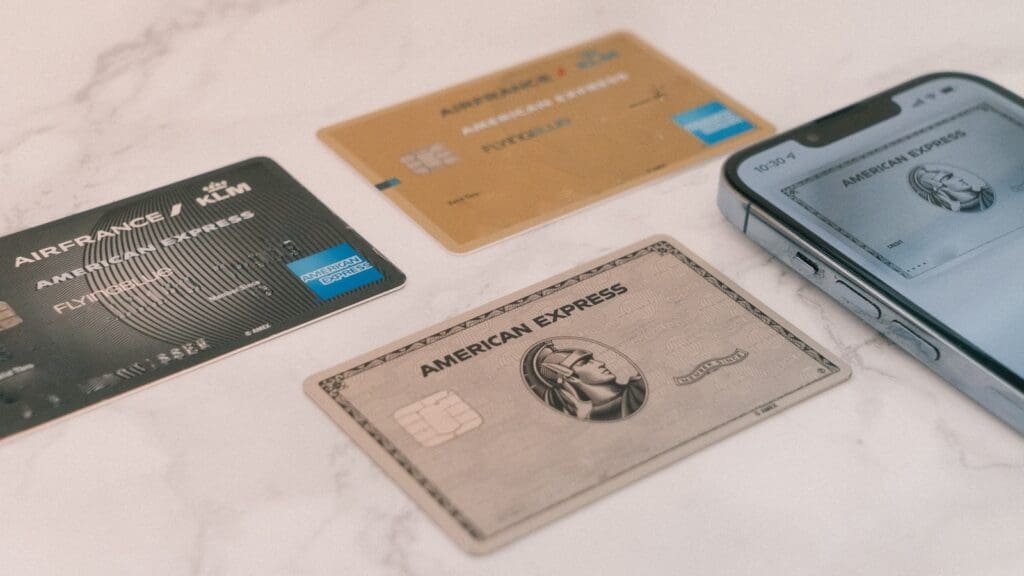Only eight US states require high schools to teach students personal finance. Therefore, parents must ensure their children learn about money, earning, and saving. Here is how to teach your kids about money over the years.
10. Have Frequent Talks About Money

Starting when your kids enter kindergarten or even sooner, begin to introduce some basic concepts about what money is used for. Explain how it is earned and how you go to your job each day. Talk about how much items cost and buying groceries. Introduce them to words such as earn, spend, and save.
9. Discuss Needs Versus Wants

Between the ages of 5 and 9, ask your children what they need and what they want to help them learn the difference. Take them grocery shopping with you. Explain how one thinks about using money wisely by spending money on needs first. For example, buying eggs instead of candy. Explain about planning for how money is used.
8. Discuss How Money Is Earned

Between ages 10-14, start discussing how money is earned. Help them come up with ways to make money so they can begin saving toward a goal. If you can, give them an allowance for doing certain chores around the household. Designate how much a chore is worth so they can learn how to plan and save.
7. Teach Your Kids How to Shop on a Budget

Go grocery shopping with your kids. Assign them to shop for some specific items, including their favorite foods. Tell them to keep the items under a budgeted amount. Teach them to look for the “unit price” to get the most cost-effective items in the best deal. This will teach them financial responsibility and living within their means.
6. Teach Your Kids About Giving to Charity

Once your child starts earning a little money, teach them the importance of helping others through charitable donations. Give your children a few charities to choose from and help them select one. Although giving can be in the form of money, teach them about donating other items such as clothes, food, or simply spending time with others.
5. Teach Your Teens About Stocks

Between the ages of 15-17, introduce your teenage children to owning stocks. Open an investment account so they can learn the ins and outs. You can purchase a fractional share of a company, a mutual fund, or an exchange fund for as little as $1. Teach them that the longer an investment earns returns, the more money they can make.
4. Encourage Teens to Save and Invest

Encourage your children to get a summer job and set up a savings and/or a retirement account. If you can, offer to match their savings to a certain percentage. This will incentivize them to save for long-term goals. Teach your kids to develop the habit of saving. Teach them to have both investments and a “rainy day” fund.
3. Teach Your Kid About Taxes

Once your child earns enough to be required to pay taxes, they need to understand how they work. This is especially important if your child has a “gig” type job where taxes aren’t withheld from their pay. Teach them to estimate their taxes and put that amount into savings to pay quarterly. Teach them to budget for after-tax earnings.
Read More: These 10 Easy Skills Will Save You Money
2. Teach Your Kids How to Create a Budget

When your kids reach 18 or older, they need to learn how to create and work from a budget. Do this even if you’re paying for most of their expenses. Teach them to save for the part of the bills they must cover. Encourage them to save a little bit of money for an “emergency” fund.
Read More: 10 Money Myths Most Likely to Sabotage Your Finances
1. Help Your Child Get a Credit Card and Use It Responsibly

The easiest way to help your child establish credit with their first card is for you to be a co-owner. Start with a small credit limit such as $500-$1000. Teach them to begin establishing credit by making small purchases and paying the balance off in full each month. This will help them build a good credit history for the future.
Read More: Everything You Should Know About College Grants








